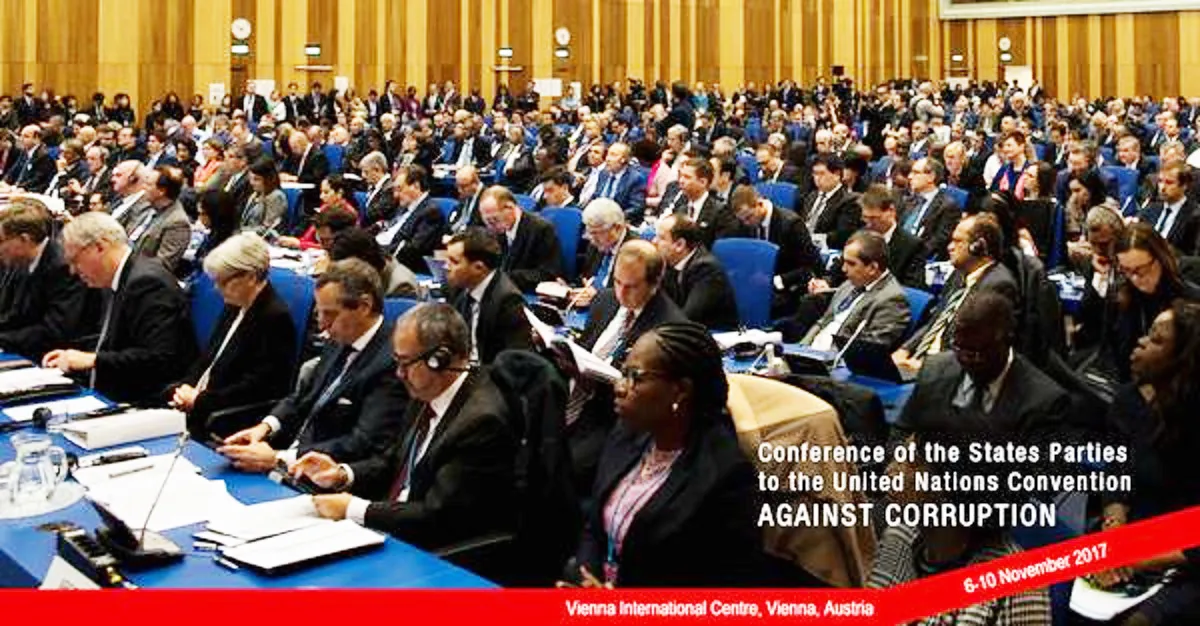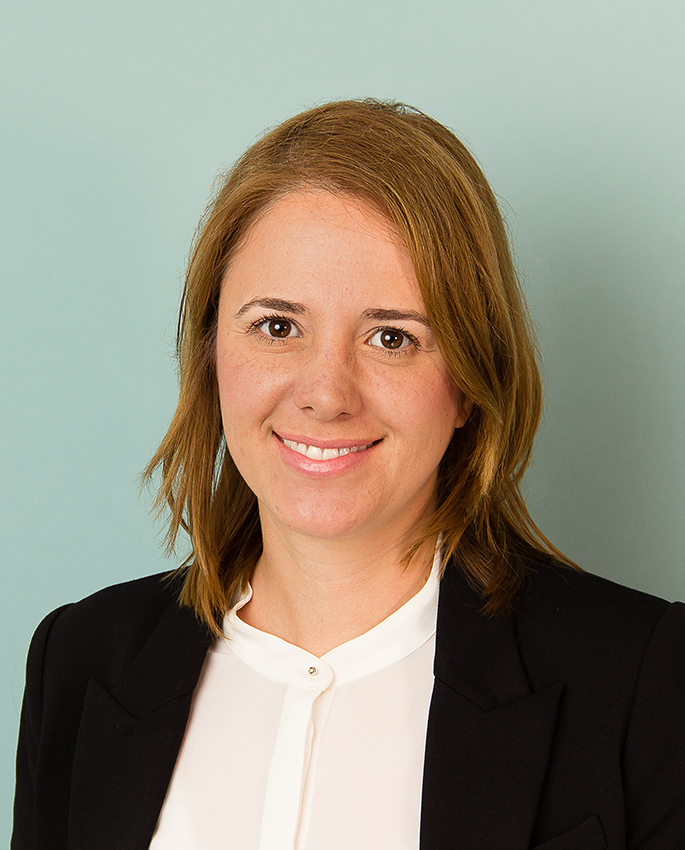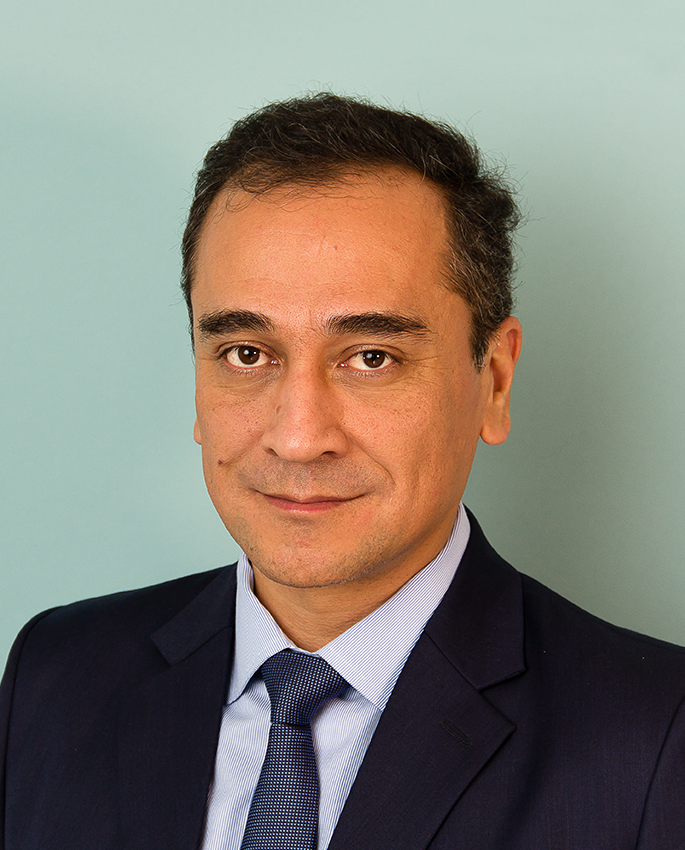UN Convention Against Corruption: International IDEA calls on State Parties to advance transparency of political finance

Statement by International IDEA
Conference of the States Parties
United Nations Convention against Corruption
Seventh Session
Vienna, 6-10 November 2017
(delivered on 8 November 2017)
Honorable delegates, Madame Chair,
On behalf of the Secretary-General of International IDEA, Mr Yves Leterme, we would like to congratulate the Secretariat for the preparatory work ahead of this meeting, and more broadly for the Conference’s efforts to contribute to the prevention and combating of corruption.
As an intergovernmental organization with the mandate to support sustainable democracy worldwide, International IDEA would like to draw your attention to the need to ensure the effective implementation of article 7 paragraph 3 of the Convention, which calls States parties to “enhance transparency in the funding of candidatures for elected public office and, where applicable, the funding of political parties”.
The funding of political parties and candidates provides a critical entry point for corruption. Thus, an effective implementation of article 7 paragraph 3 is the cornerstone of a coherent, comprehensive and conducive strategy towards the prevention of corruption in all its forms.
In the forthcoming Global State of Democracy report by International IDEA, which we shared with the Secretariat and will be a focus of discussion during a side event at this conference on Friday, there is clear evidence that corruption hinders democratic progress. Corruption not only corrodes people’s trust in politicians and political institutions; but also decreases political participation more broadly and affects how fair and predictable political decisions are. The report concludes that, while most countries in the world have made progress in multiple aspects of democracy over the past 40 years, reducing corruption has not been one of them.
Conversely, the report´s findings also reflect on the importance of creating representative, accountable and stable institutions to curb corruption; further confirming that less democratic governments perform worse in the fight against corruption. While the introduction of elections alone may fuel corruption, it declines when the quality of elections improves, and when other checks in society and the state take root. Transparency is particularly critical. Yet the global situation regarding freedom of expression and media integrity is worrisome; our indices show the overall decline of these aspects since 2012. It is therefore paramount that State parties reinvigorate their efforts to foster transparency in political finance.
Ladies and gentlemen,
International IDEA notes the importance of the review mechanism for the implementation of the Convention, which partly focuses on Chapter II. The role of the Working Group on the Prevention of Corruption has also been particularly critical in this regard. We hope the Working Group continues to advance its activities, particularly with a focus on article 7 paragraph 3 on political finance.
International IDEA would like to put its knowledge resources, especially the risk-assessment and digital disclosure methodologies for political finance at the service of the States parties and the Working Group as a contribution to efforts that advance greater transparency. In August 2016, the Working Group proposed further discussion of precisely these two areas.
Beyond these two aspects, International IDEA would like to offer States parties its support in three areas that the Institute considers fundamental to the advancement of transparency in the funding of political candidates and parties:
First, States parties should consider reinvigorating the mandate and capacity of oversight agencies. As the Working Group previously noted, there is great need for effective oversight, enforcement and sanction mechanisms. Any legal framework is void in the absence of effective enforcement. Regrettably, oversight agencies often lack the legal reach and financial muscle to fulfil their roles, especially in implementing risks assessments and reporting systems for political finance.
Second, we encourage States parties to set up more detailed international, non-binding standards that facilitate the effective implementation of article 7 paragraph 3. The experience of similar regional mechanisms, notably the Council of Europe’s anti-corruption standards, which include robust provisions on political finance, is a case in point. Most importantly, the role of GRECO’s peer review mechanism has been critical in making these standards meaningful in practice, and could be used as an example in other regions.
Third, as part of their efforts to reinforce the legal frameworks, States parties could foster a holistic approach to anti-corruption that puts more emphasis on party finance regulations that enable the participation of civil society actors and the business community. Such actors provide new and innovative avenues for States parties to design, implement and oversee political finance regulations that would advance the Convention’s efforts to contribute to the prevention of corruption and building resilient democracies.
Thank you.





